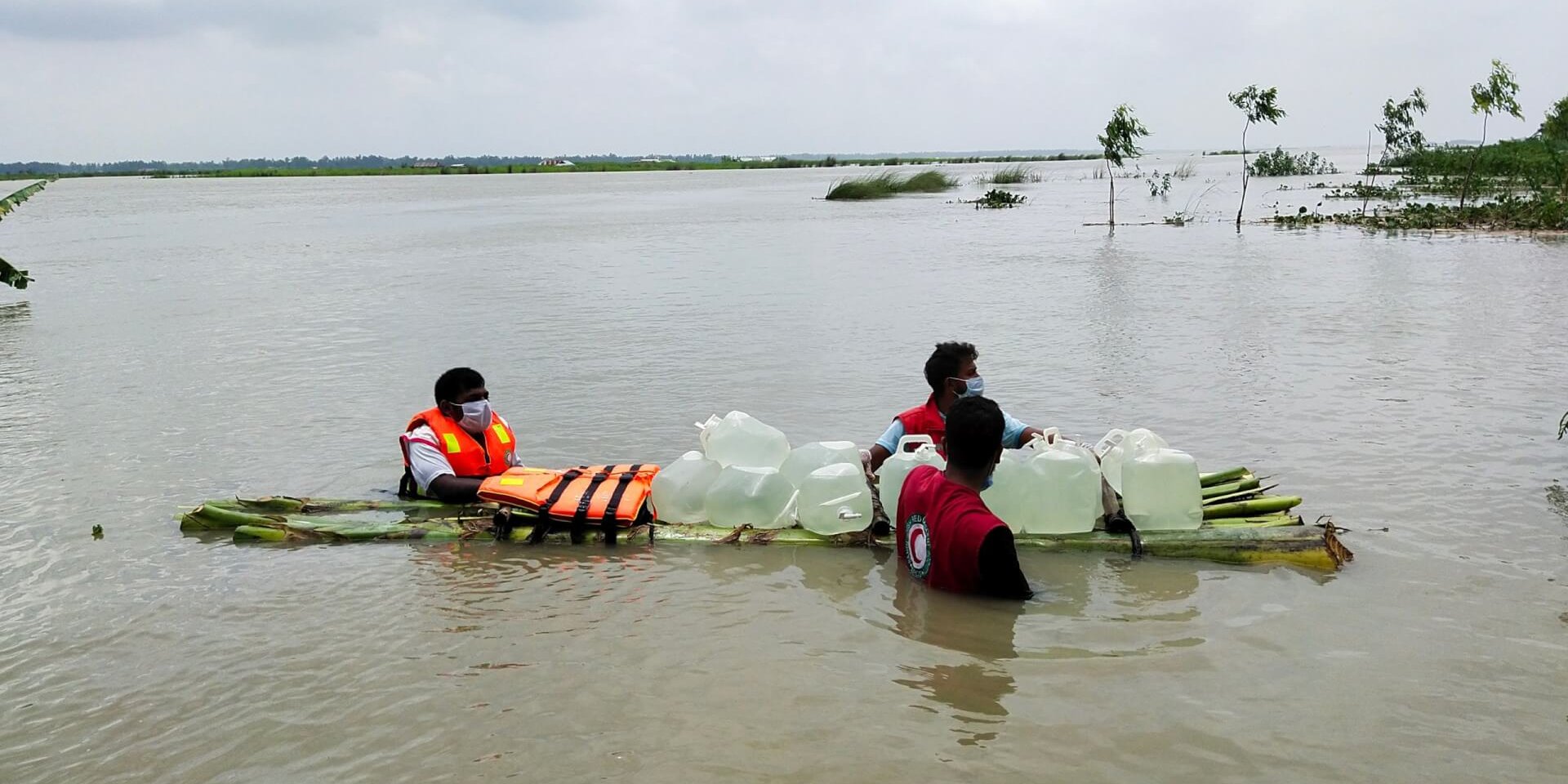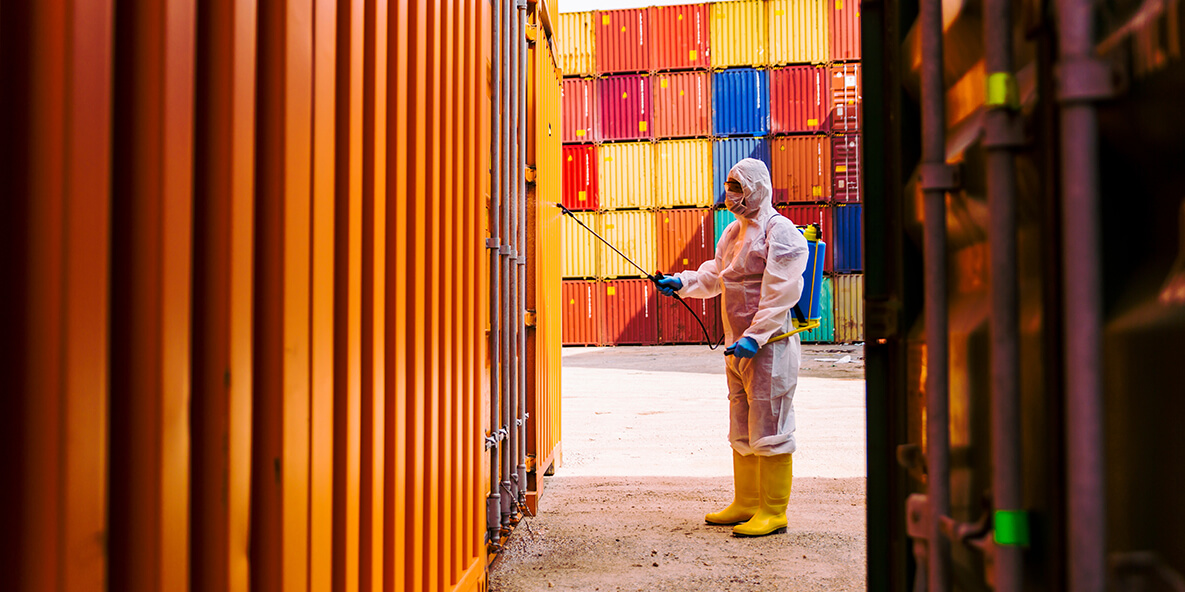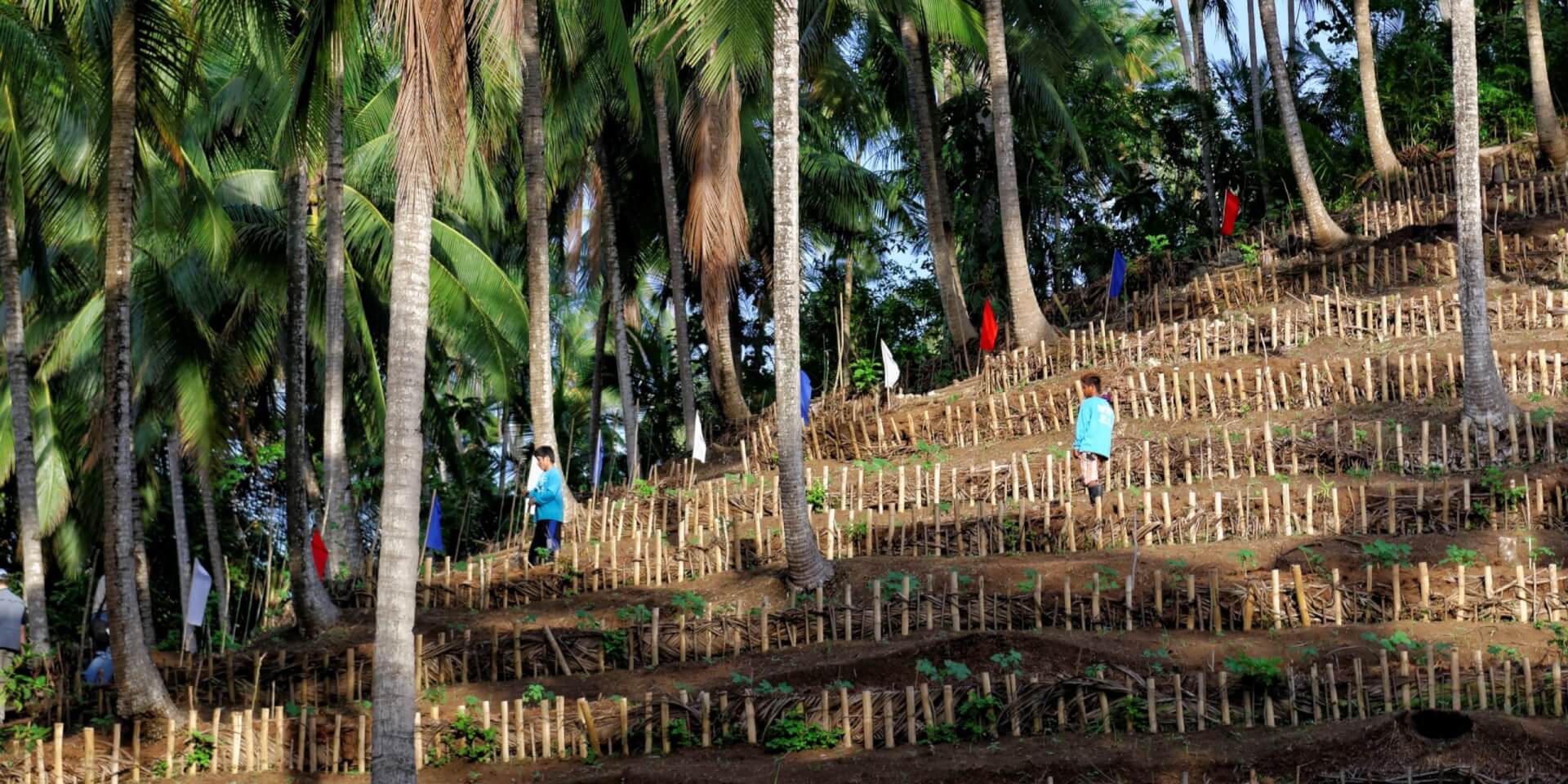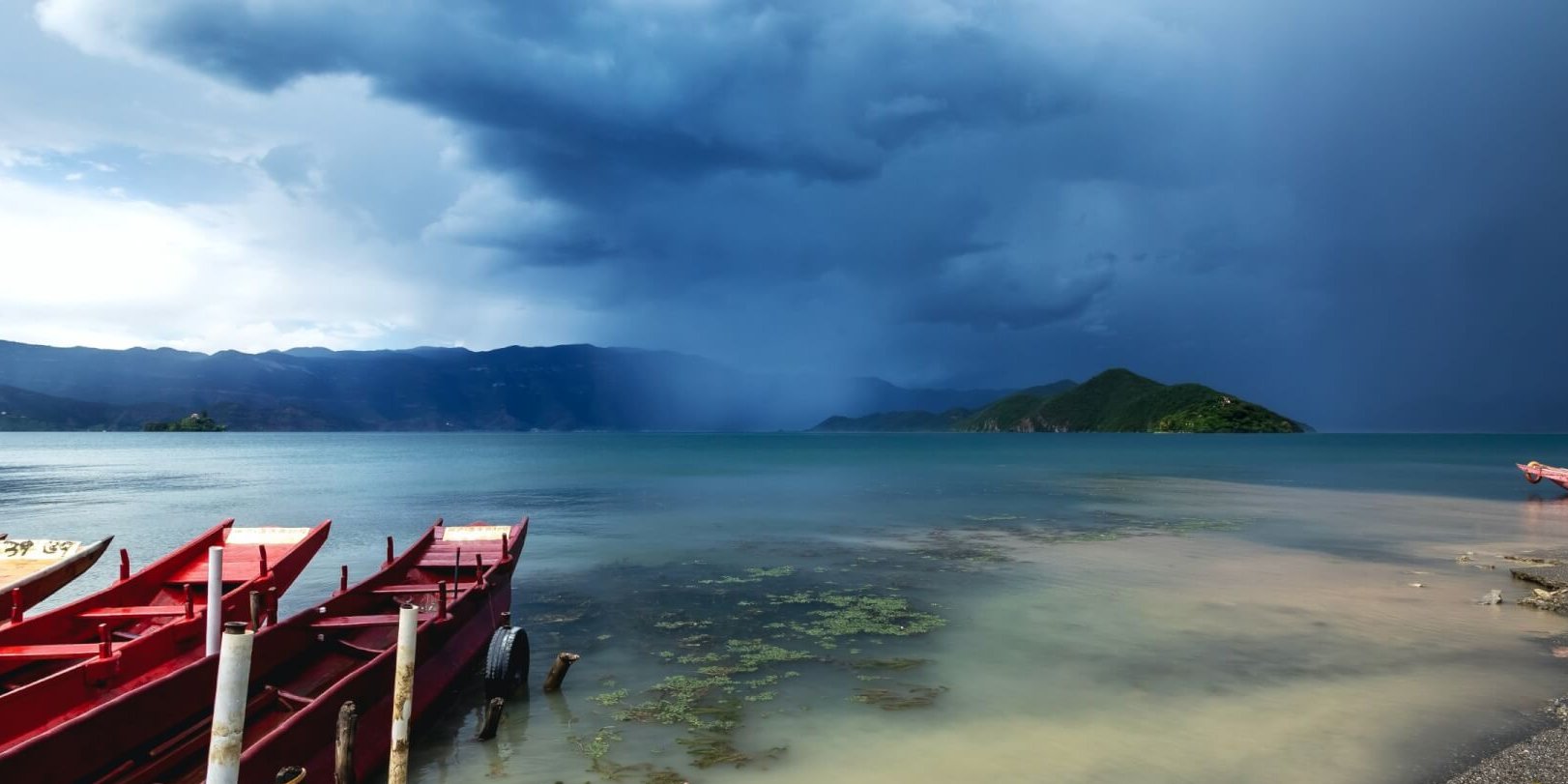The project aims to accelerate implementation of the 2030 Agenda through support for interactions-based research and policy prioritization and programming at all levels of governance.
This project is completed, and the ISC continues its outreach to ensure impact.
The unprecedented disruptions brought on by the COVID-19 pandemic drew attention to the increasingly complex, uncertain, systemic, and dynamic nature of global risks. This project aimed to help scientists and policy-makers tackle these risks more effectively by developing a stronger understanding of the likelihood, impact, and connections between a wide range of risks.
In partnership with ISC-affiliate Future Earth and Sustainability in the Digital Age, the ISC launched the the 2021 Global Risks Scientists’ Perceptions survey, aimed to spark dialogue, identify knowledge gaps and support the growth of a multi-sectoral scientific community working on global risks. The survey provided an international analysis of scientists’ perceptions of global risks, as a complement to the World Economic Forum’s annual Global Risks Report which focuses on leaders in business, economics, and government.
Key milestones:
Scientific Advisory Committee
 news
news
 blog
blog
 news
news
 publications
publications
 publications
publications
 publications
publications